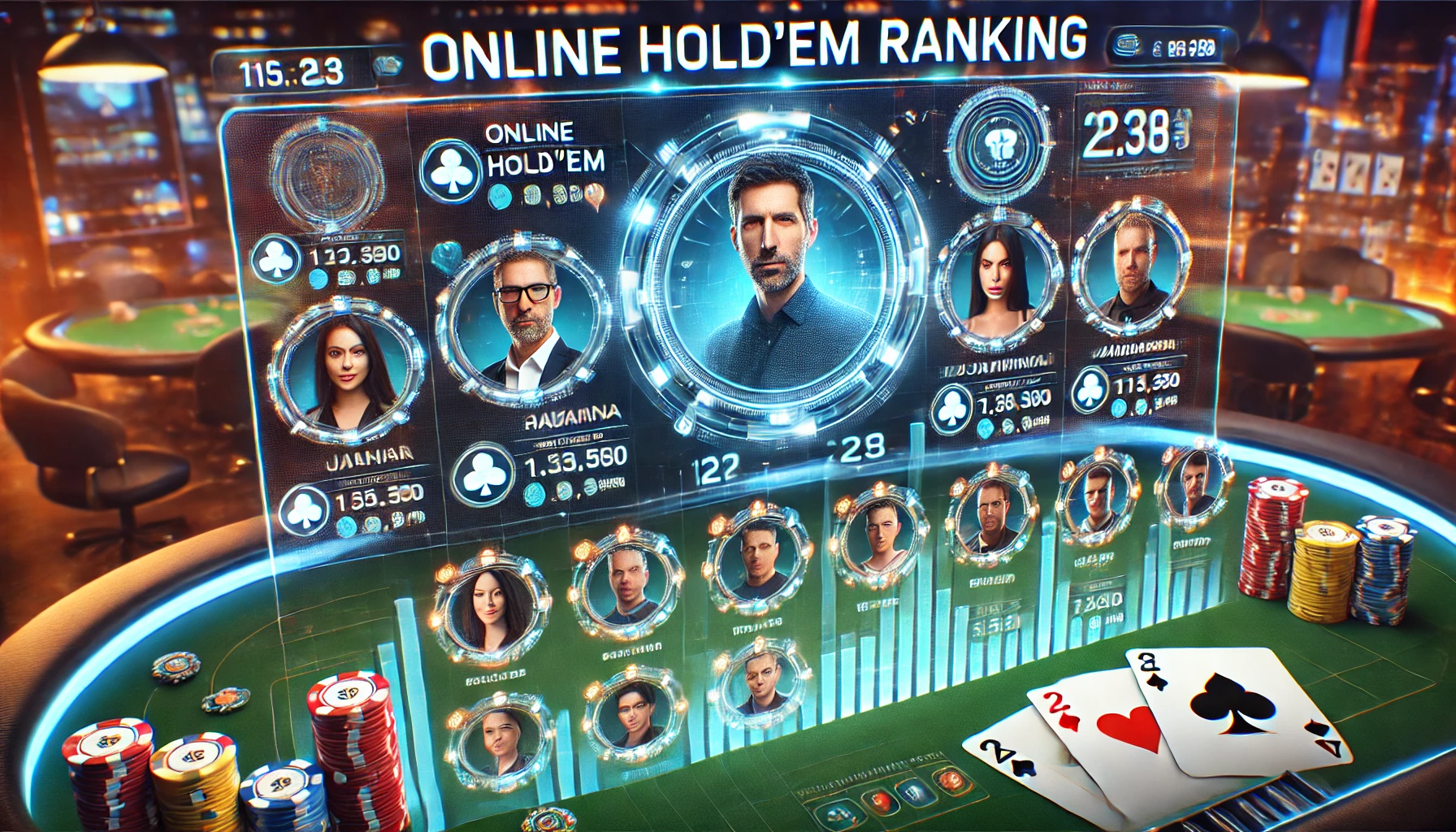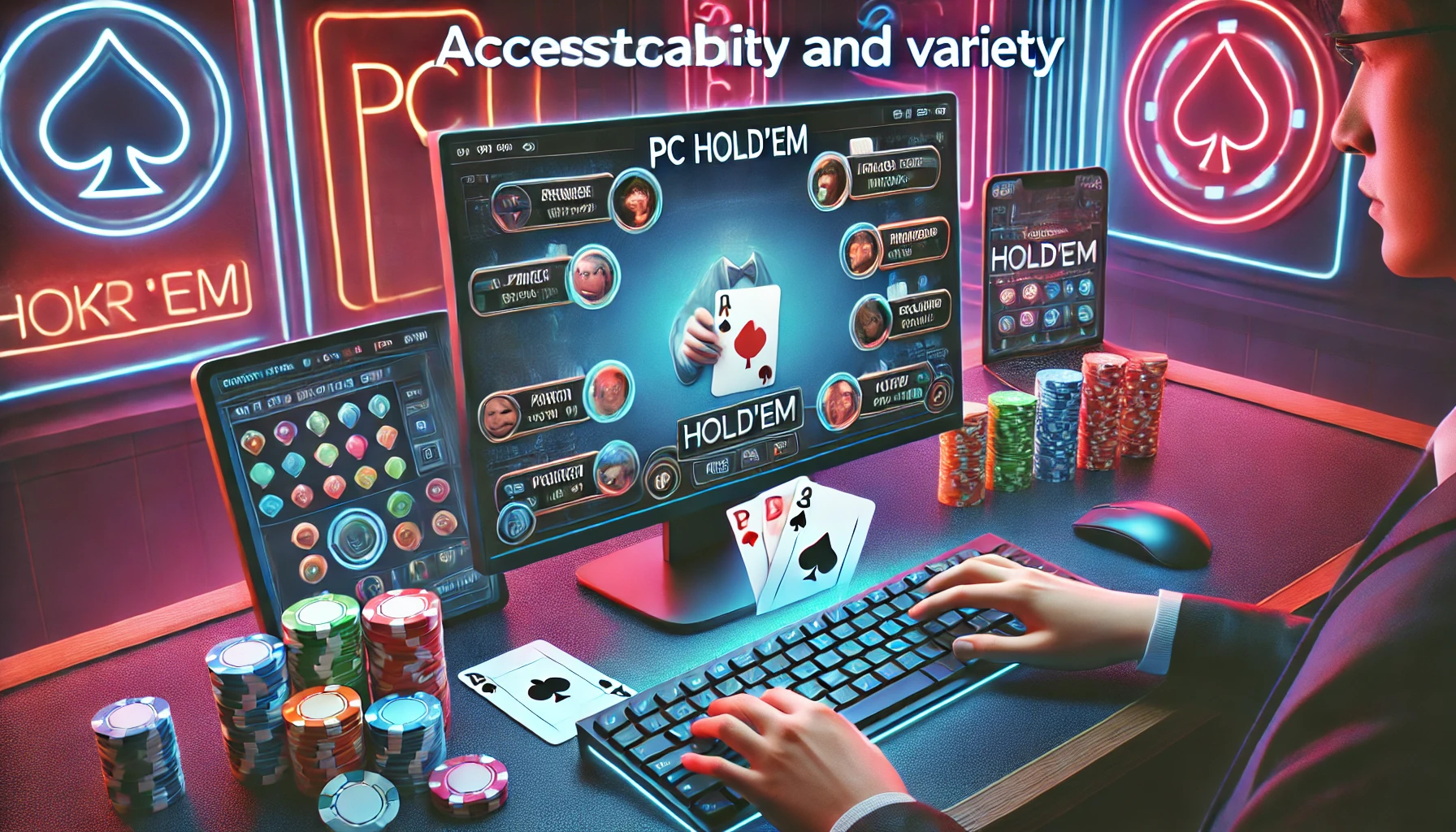The Impact of Social Media on Online Betting Trends
Social media has become an influential force in shaping various industries, and online betting is no exception. With its vast reach, interactive capabilities, and real-time communication, social media has transformed how people engage with betting platforms, interact with others, and stay informed about the latest trends. Here’s a detailed look at the impact of social media on online betting trends:
1. Increased Awareness and Popularity
Social media platforms like Twitter, Facebook, Instagram, and TikTok have played a major role in raising awareness about online betting. Influencers, brands, and sports personalities often promote betting websites and apps, driving more traffic to these platforms.
- Influencer Marketing: Prominent sports figures, celebrities, and social media influencers often endorse betting apps or share their own betting experiences. Their massive following can attract large numbers of users to online betting sites.
- Viral Trends and Challenges: Betting trends often go viral on social media, especially with the rise of challenges and memes. For example, betting-related content such as betting tips, big wins, or betting predictions may go viral, increasing engagement and participation among users.
2. Real-Time Betting and Engagement
Social media allows users to engage with betting events in real-time, influencing their betting decisions. Many sportsbooks have integrated live-streaming options into their platforms, and these are often shared or discussed on social media during major events such as football games, horse races, or esports tournaments.
- In-Play Betting: Social media platforms provide real-time updates on sporting events, giving bettors immediate access to crucial information, such as scores, player stats, injuries, or game-changing moments. This real-time data helps punters make informed decisions about in-play betting.
- Betting Communities: Online forums, Twitter threads, and Facebook groups allow bettors to share tips, strategies, and betting predictions with one another. These communities can influence betting decisions, particularly when there is a consensus or popular sentiment around certain bets.
3. Data and Analytics Sharing
Social media has given bettors more access to data and analytics, which can influence betting strategies and trends. Websites, blogs, and social media profiles dedicated to betting analysis provide insights on player performance, team stats, historical trends, and injury reports that can guide smarter betting.
- Betting Tipsters and Analysts: Many professional and amateur tipsters use social media platforms to share their analysis and predictions. This has led to the rise of betting “celebrities” who have a loyal following, and users often look to these figures for guidance on their bets.
- Betting Tools and Apps: Social media also serves as a marketplace for sharing and discovering new betting tools and apps that provide in-depth statistical analyses, tracking features, and live betting odds. These apps are often promoted or reviewed by users on social media.
4. Promotions, Bonuses, and Offers
Betting companies frequently use social media to promote special offers, bonuses, and promotions to attract new users. Exclusive deals, deposit bonuses, or free bets are often advertised on Twitter, Instagram, or Facebook, which can drive traffic to betting sites and increase participation.
- Referral Programs: Many betting platforms incentivize users to promote their services on social media by offering referral bonuses or free bets. These referral programs encourage users to spread the word about specific betting apps, boosting brand visibility.
- Social Media-Only Offers: Some sportsbooks provide unique promotions or odds boosts to their followers on social media. Exclusive offers can spark greater engagement and encourage people to bet more frequently or try new betting markets.
5. Shaping Public Opinion and Betting Behavior
The opinion of social media users can have a profound effect on how people view certain betting events, athletes, or teams. Public sentiment on platforms like Twitter can drive the popularity of certain bets, leading to trends in the betting market.
- Bandwagon Effect: When a sports team or player is trending on social media due to positive sentiment, bettors might be more likely to place wagers on them. This can cause a shift in betting patterns, and sportsbooks may adjust their odds accordingly.
- FOMO (Fear of Missing Out): Social media can amplify the feeling of FOMO, particularly during big betting events like the Super Bowl or World Cup. As more people post their betting successes or predictions, others may feel compelled to join in, resulting in more bets placed.
6. Gamification and Interactive Betting Experiences
Social media platforms have helped transform betting into a more interactive and gamified experience. Many betting companies now engage users through challenges, leaderboards, and live betting events that are promoted on social media.
- Social Betting Features: Some betting platforms tp88 have integrated social features such as “sharing bets” or “betting competitions” where users can challenge each other or join betting leagues. These interactive features foster a sense of community and encourage participation.
- User-Generated Content: Bettors are increasingly sharing their experiences, predictions, and betting slips on social media platforms. This type of content creates a sense of social proof, encouraging others to participate in betting or follow certain tipsters or bettors.
7. Social Media Regulation and Responsible Gambling
While social media has undoubtedly contributed to the growth of online betting, it has also raised concerns about responsible gambling and the promotion of betting to vulnerable individuals.
- Advertising Restrictions: Some countries have implemented strict regulations on how betting companies can advertise their products on social media. These regulations aim to reduce exposure to underage users or those at risk of developing gambling problems.
- Awareness Campaigns: Social media platforms have also become an avenue for promoting responsible gambling practices. Betting companies and advocacy groups use social media to raise awareness about the risks of gambling addiction, offering resources and support for those in need.
8. Influence of Esports and Online Gaming
The popularity of esports has skyrocketed, and social media has been a key factor in driving this trend. Esports betting has gained significant traction, with betting companies offering markets on games like League of Legends, Dota 2, and Counter-Strike: Global Offensive.
- Esports Influencers: Many esports players and teams have large social media followings, and they use these platforms to promote betting sites or share betting tips related to their games.
- Live Streams and Events: Social media helps broadcast esports events and tournaments, providing bettors with real-time updates and the opportunity to place live bets on matches.
Conclusion
Social media has had a profound impact on the online betting industry, influencing how people engage with betting platforms, share information, and make betting decisions. It has enabled bettors to connect with others, access real-time data, and follow trends, while also promoting responsible gambling practices. However, it has also brought challenges, such as the potential for excessive gambling and exposure to vulnerable individuals. As the relationship between social media and online betting continues to evolve, it will likely shape the future of the industry in both positive and negative ways.

